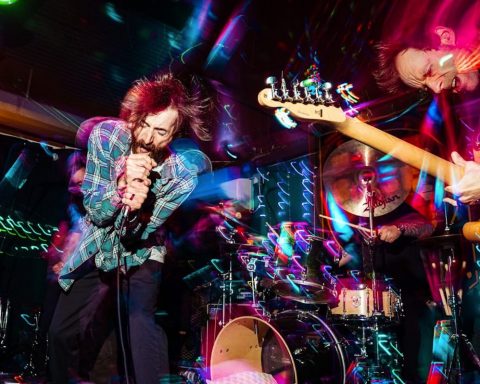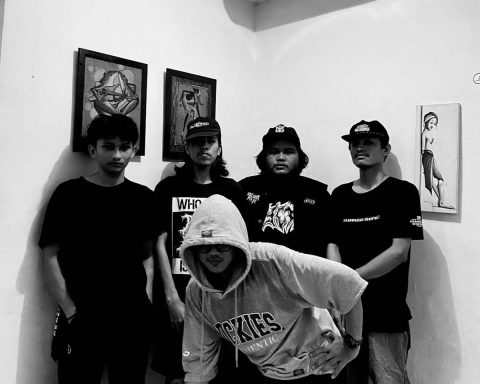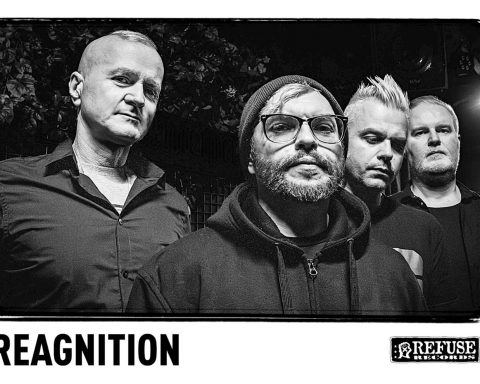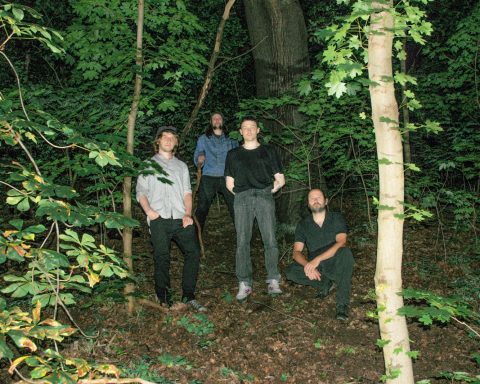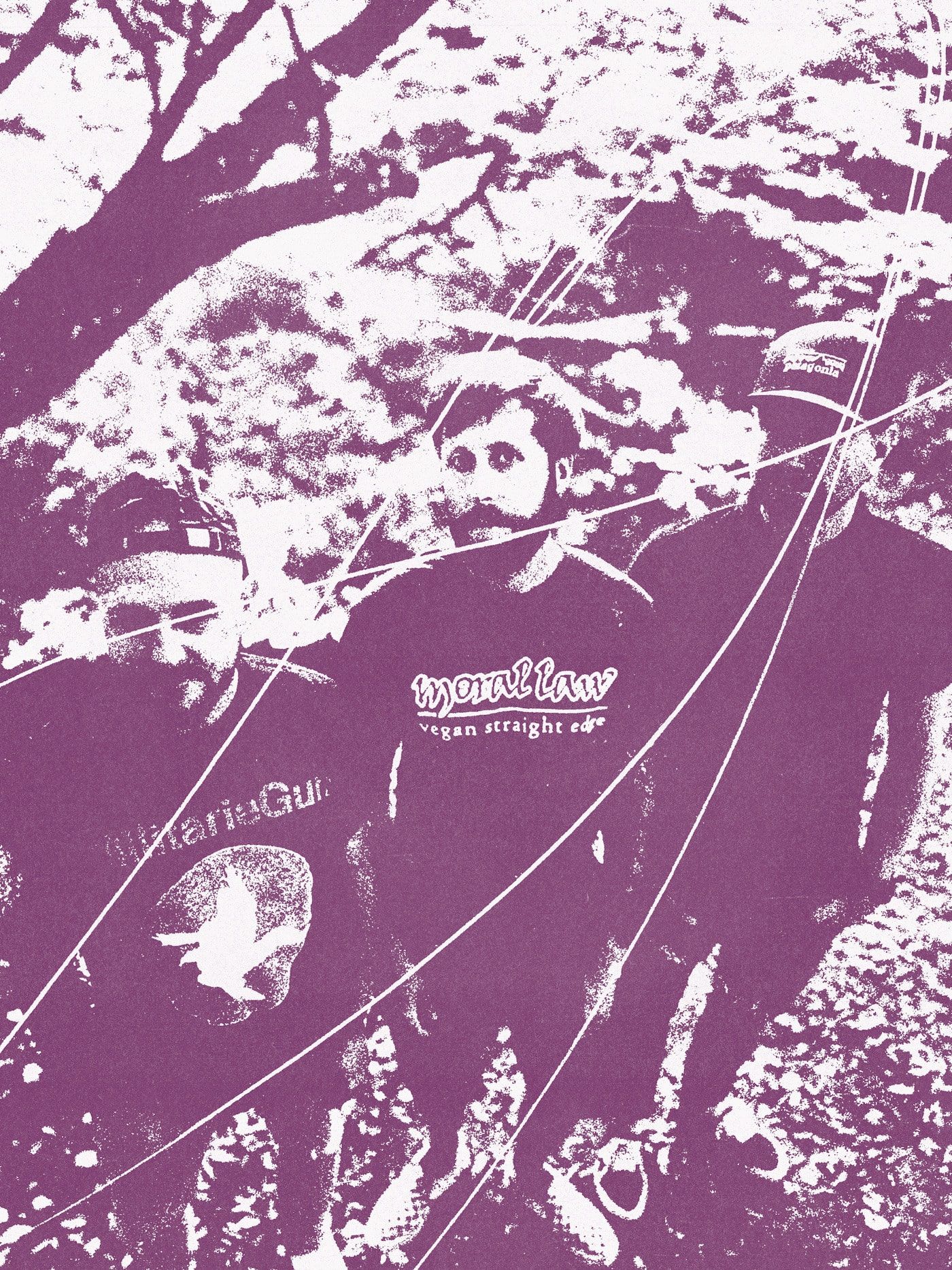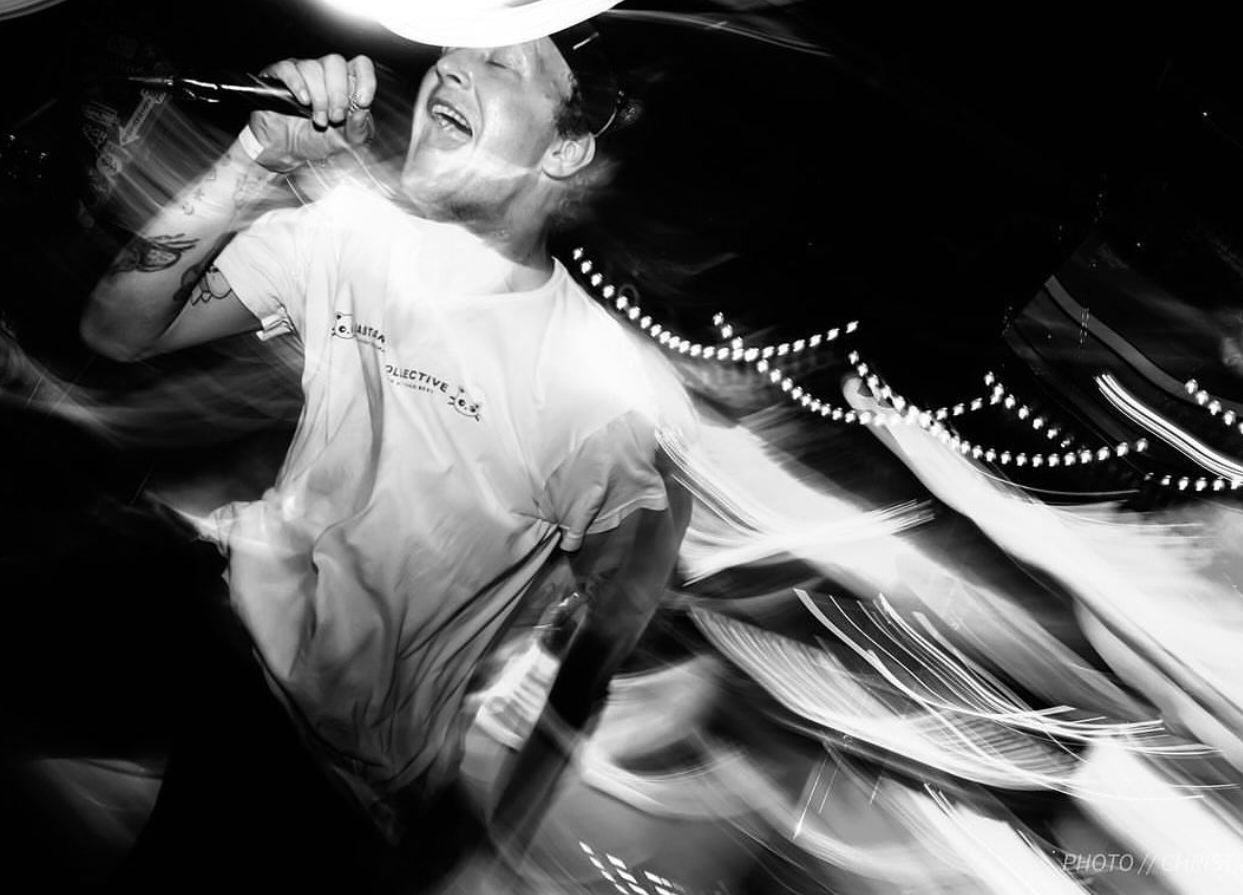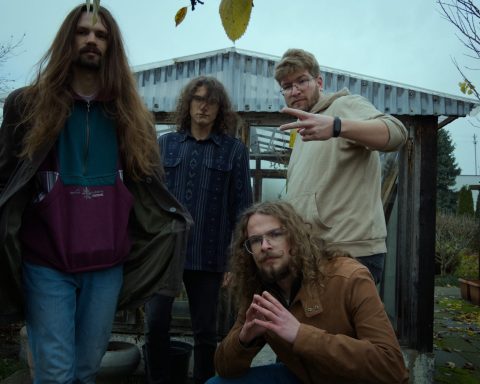Onat Önol hails originally from Istanbul, Turkey, where he found his roots in the “bedroom” music scene. His music bares raw emotion, capturing an introspective vulnerability that translates to a lyrical guitar style oscillating between whispers and explosions. This balance of fragility and intensity is a defining element of his sound, reminiscent of 90s-00s sadcore and emo guitar rock. Yet, unlike music that merely simmers, Önol’s creations often erupt, evoking both catharsis and complexity.
His forthcoming album, No Problem Here, reflects years of artistic evolution. Before relocating to Glasgow, Önol had already begun shaping the record. In Scotland, his music took further form, supported by a collaborative spirit fostered through connections with acts like Lust for Youth, A. Savage of Parquet Courts, and Trust Fund.
The first single from the album, “To The Siren,” serves as an emotional centerpiece. The track explores feelings of disconnection from home, the distance from old friends, and the conflicted desire to either run toward or away from unresolved problems. He describes the song as a journey through memory and regret, with lyrics like “I left home far behind / and all my friends / yeah they’re all dead,” which confront the lingering weight of the past. He adds, “The story is about being reincarnated but as a ghost, going through past memories and people, with a desire to run towards or away from old or new problems.”
The single is further enriched by its sonic and visual elements. Designed by Paul Schwindenhammer, the cover art features a photograph by Tarek El Daccache, taken with a broken camera, and overlaid with a snake monster. While Önol admits that the meaning behind the artwork is intentionally vague, he believes it captures the emotional tenor of the song. Musically, the track incorporates a haunting sample from Anne Charlotte Robertson’s 1990 short film Apologies, where the filmmaker endlessly apologizes to the camera, amplifying the track’s themes of frustration and longing.
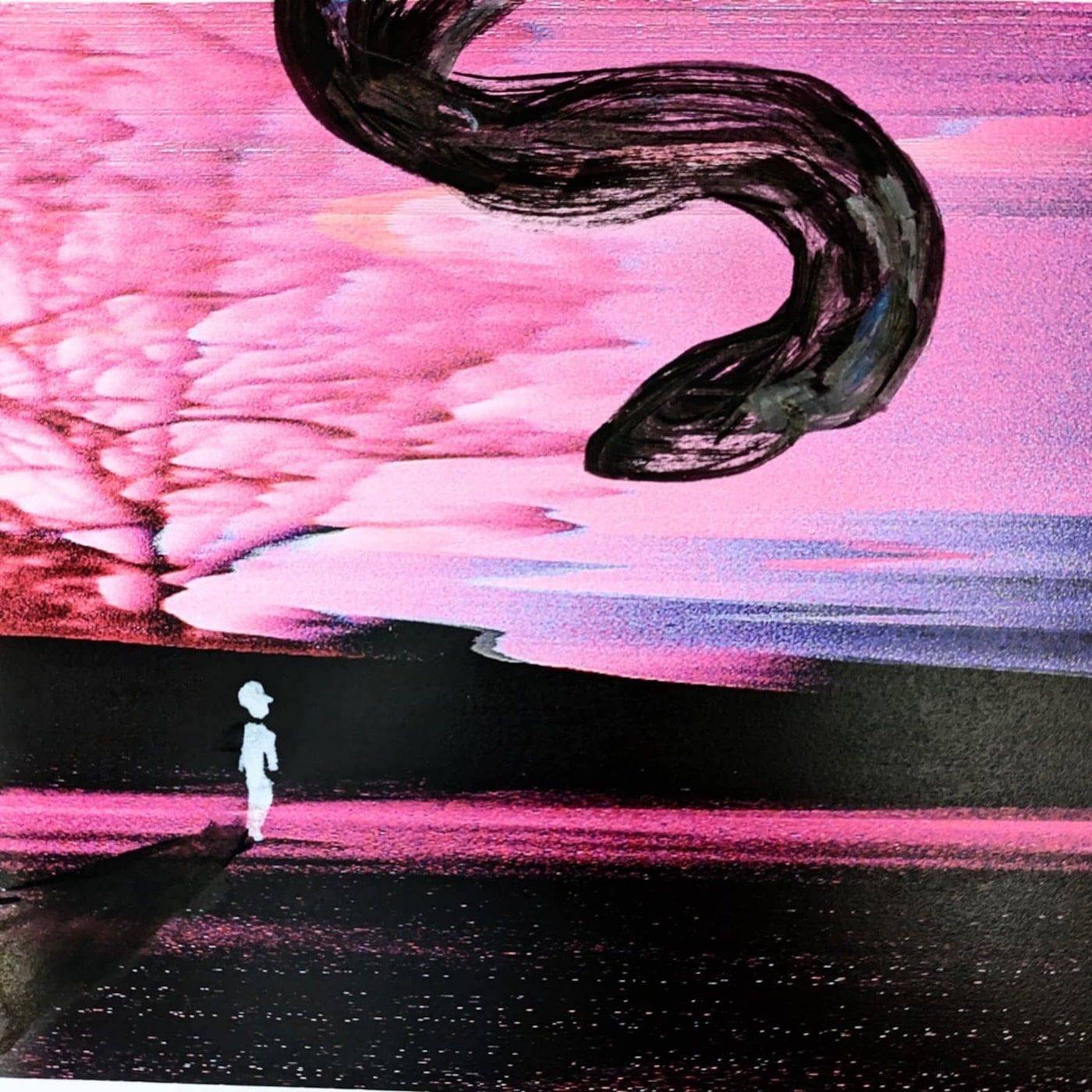
Collaboration has been a cornerstone of Önol’s recent work. He recounts meeting Paul Thomson (formerly of Franz Ferdinand) through a mutual friend, Archie Mckay, a figure from Istanbul’s music scene. “Paul has done a lot in refueling my energy in performing and recording new music,” Önol shares, noting how their partnership has renewed his confidence as a live performer post-pandemic. Thomson contributes drums to “To The Siren,” complementing the song’s layered instrumentation, which includes trombone and cello from friends Niall Morris and Olivia Mclean respectively.
While No Problem Here represents a departure from the guitar-driven sound of his previous work, the album retains Önol’s characteristic emotional depth. “Less guitar-driven, possibly more aggressive in tone,” he says, hinting at the album’s exploratory nature. His prior record, Everyone Asked About You (2018), was conceived as a final project of his young adult life, capturing a period of growth and transition. An unreleased pandemic-era album followed, though it ultimately became a stepping stone toward the sound he has now achieved.
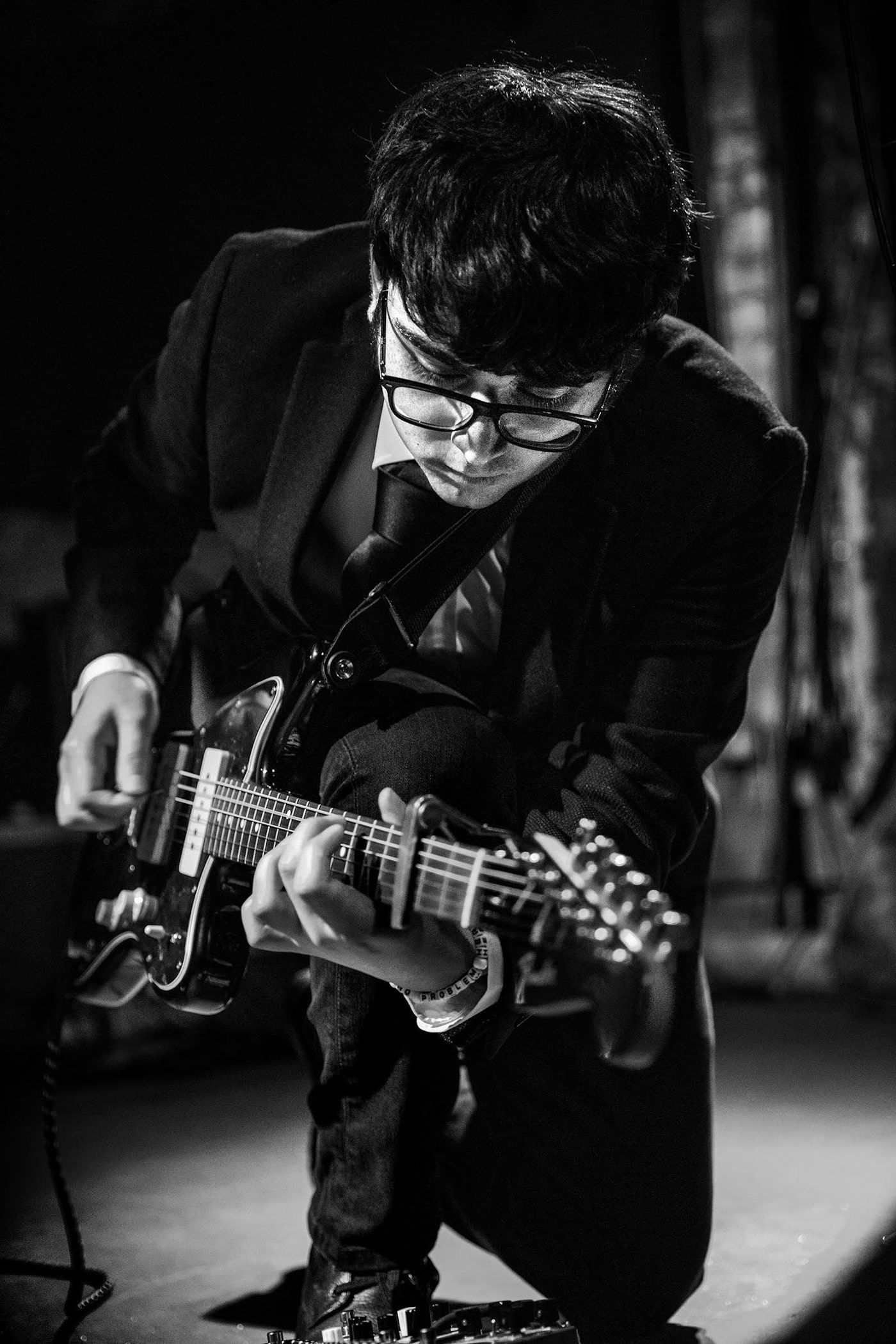
Looking ahead, Önol plans to release another single in early 2025, with the full album following shortly thereafter. He also envisions recording a live session with his current band, comprising Blair Ross on bass and Thomson on drums, to showcase the noise rock and shoegaze textures that emerge in a live setting. Additionally, he hints at standalone singles and a potential follow-up EP, depending on how 2024 unfolds.
“You won’t see it coming, but I’ll see you go,” he sings on “To The Siren,” encapsulating the self-awareness that permeates both the song and the album. This line, like much of Önol’s work, is both personal and universal, inviting listeners to reflect on their own relationships with memory, identity, and change. With No Problem Here, Önol continues to push the boundaries of lo-fi music, blending emotional honesty with rich, experimental soundscapes.




